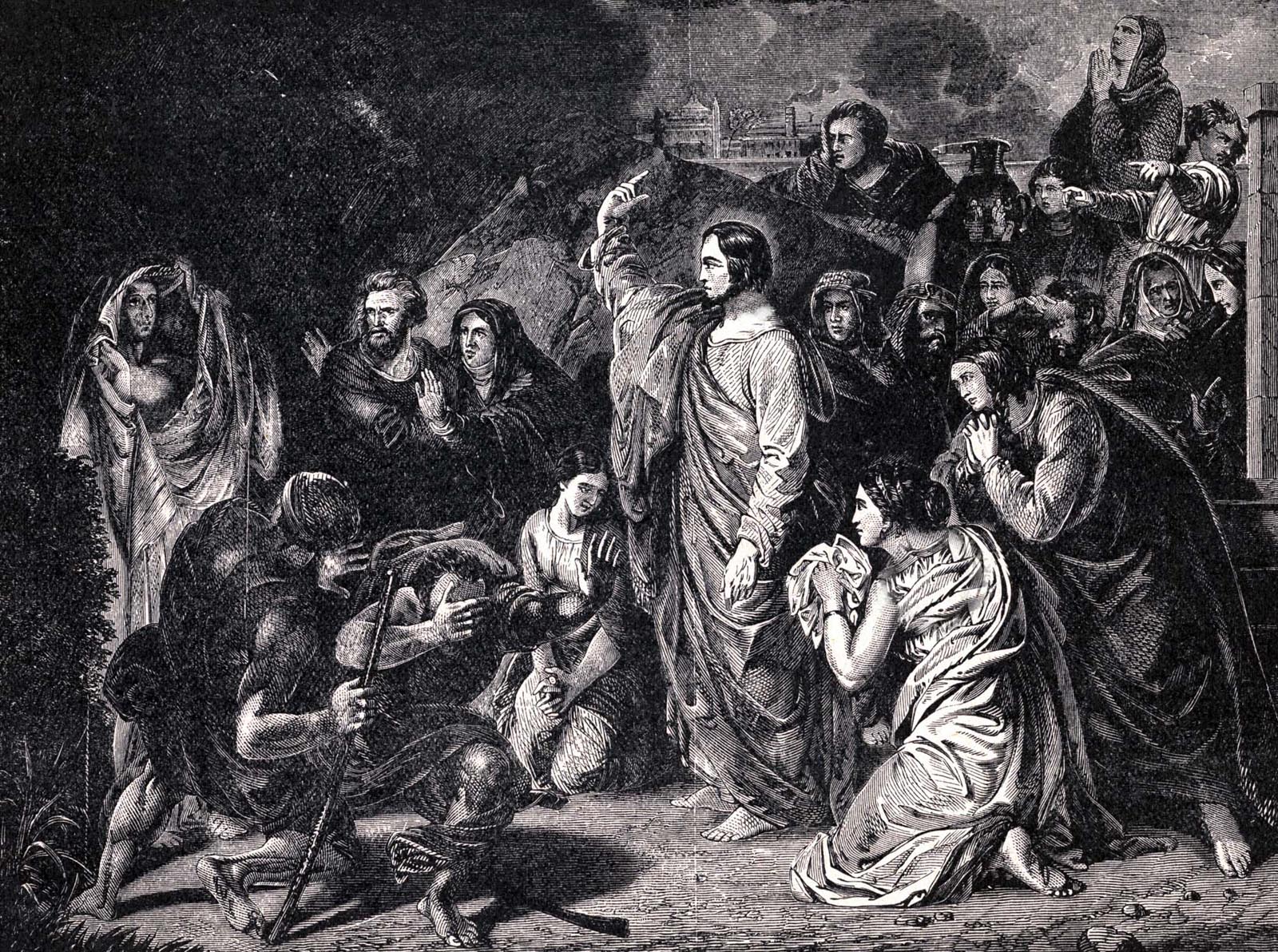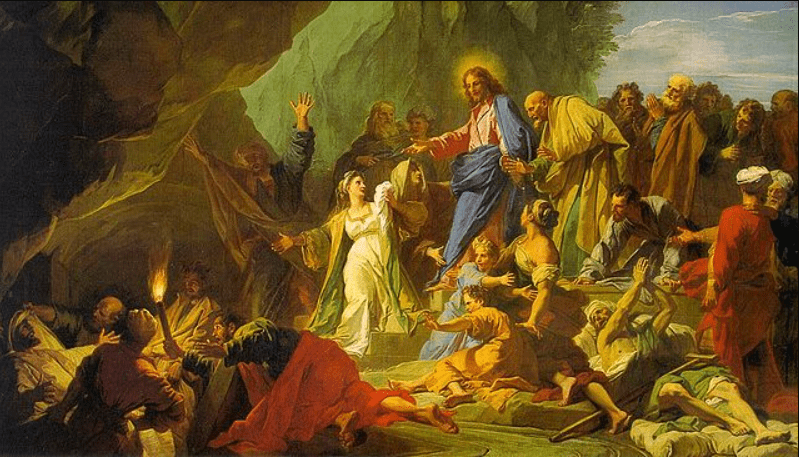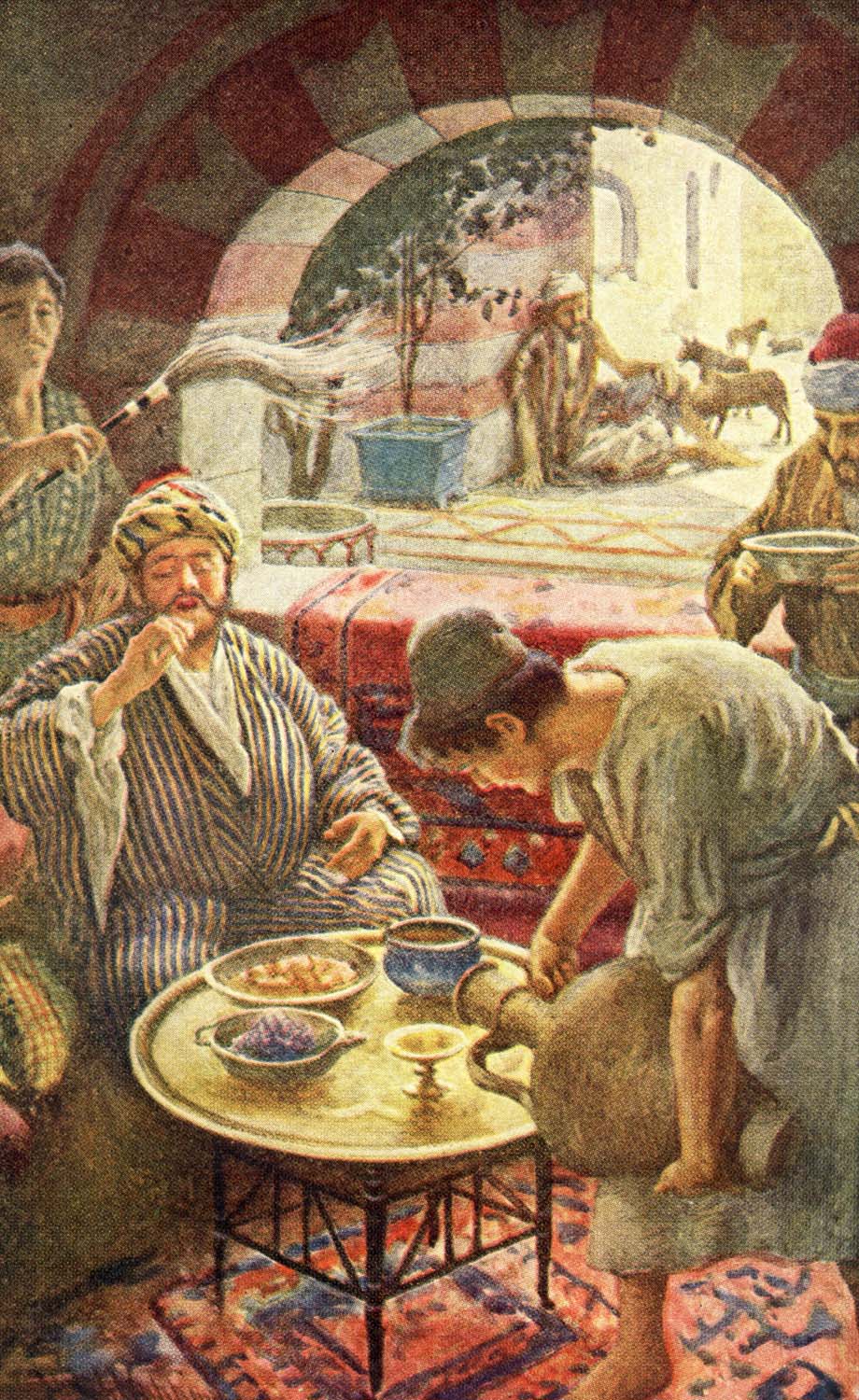
We'll now discuss these five sections in more detail and notice their common theme of greed. (1) the unfaithful steward acted out of greed, (2) Jesus applied this account to the Pharisees, who were lovers of money, and adhered to a common philosophy that riches imply righteousness, and (3) the end result of the Rich Man indicated that his wealth didn't work out like the Pharisees would have predicted. 16-18 – A Faithful Steward-John the BaptistĮach of these five sections contains a common theme, greed: 14-15 – The Greedy Pharisees' Reaction and Jesus' Reply 9-13 – Jesus Applied the Story to His Greedy Audience 1-8 – Commendation of the Greedy Unfaithful Steward To get an overall view of Luke 16, notice the five sections in it, then we'll briefly discuss the first four sections to develop the context of the fifth, concerning the Rich Man and Lazarus. To begin with, I suggest that the entire chapter is dealing with greed, or the love of money. The purpose of this present work is to effectively set forth what I believe Jesus taught in this passage. (3) I'm pretty sure we use these verses to teach something that is far from the purpose of the entire chapter. I'm sure he believes it to be an intermediate punishment before the final judgment, doesn't he? So, whether I know what Luke 16 teaches or not, I know it doesn't support the popular concept of hell. (2) It doesn't teach anything about the final punishment of the wicked, and your preacher doesn't think so, either. (1) It doesn't contain the word gehenna, so it teaches nothing about Gehenna (and this is why I didn't discuss the passage in my original essay, "Jesus' Teaching on Hell"). Concerning Luke 16, let me offer the following comments from my letter to one such questioner: As a reaction to that material on hell, many readers asked, "What about Luke 16? Where does it fit in?" Most of the questions I receive concern the destiny of the wicked more particularly with the account of the Rich Man and Lazarus. Still others said because they wanted to do what was right, a loving response to the love of God, etc. Most said, "to stay out of hell " others said, because they loved God. I've asked a lot of people why they obeyed the gospel. I think that demands caution in dealing with folks. When I first came to my present conclusions on hell, I realized that probably 80 percent of Christians obey the gospel so they won't go to a place they were never threatened with anyway. In that essay, I affirm that (1) hell is not a translation of the word gehenna, but a substitution, (2) gehenna should never have been translated at all (since it is a proper noun, like Jerusalem or Ephesus), and (3) the popular concept of hell as a place of endless punishment has no scriptural basis whatsoever.

This essay is available in my book, The Teaching of Jesus: From Sinai to Gehenna, A Faithful Rabbi Urgently Warns Rebellious Israel.

My particular interest in this essay arose in response to another essay I wrote entitled "Jesus' Teaching on Hell." It deals with the twelve passages in the Bible actually using the word gehenna, eleven of them on four or five occasions by Jesus to Jewish audiences, and also one by James to a Jewish audience.

Arguments have abounded for centuries on the subject of this passage, and still flourish over whether Jesus' teaching is a parable (which he doesn't call it) or reality. Much of this story existed before Jesus taught it.

This punishment is usually thought to be in hell, though the Greek word for hell, gehenna, is nowhere in the passage. It's the main passage resorted to when striving to establish the concept of endless torturous punishment of the wicked after death. Jesus' teaching concerning the Rich Man and Lazarus in Lk.


 0 kommentar(er)
0 kommentar(er)
